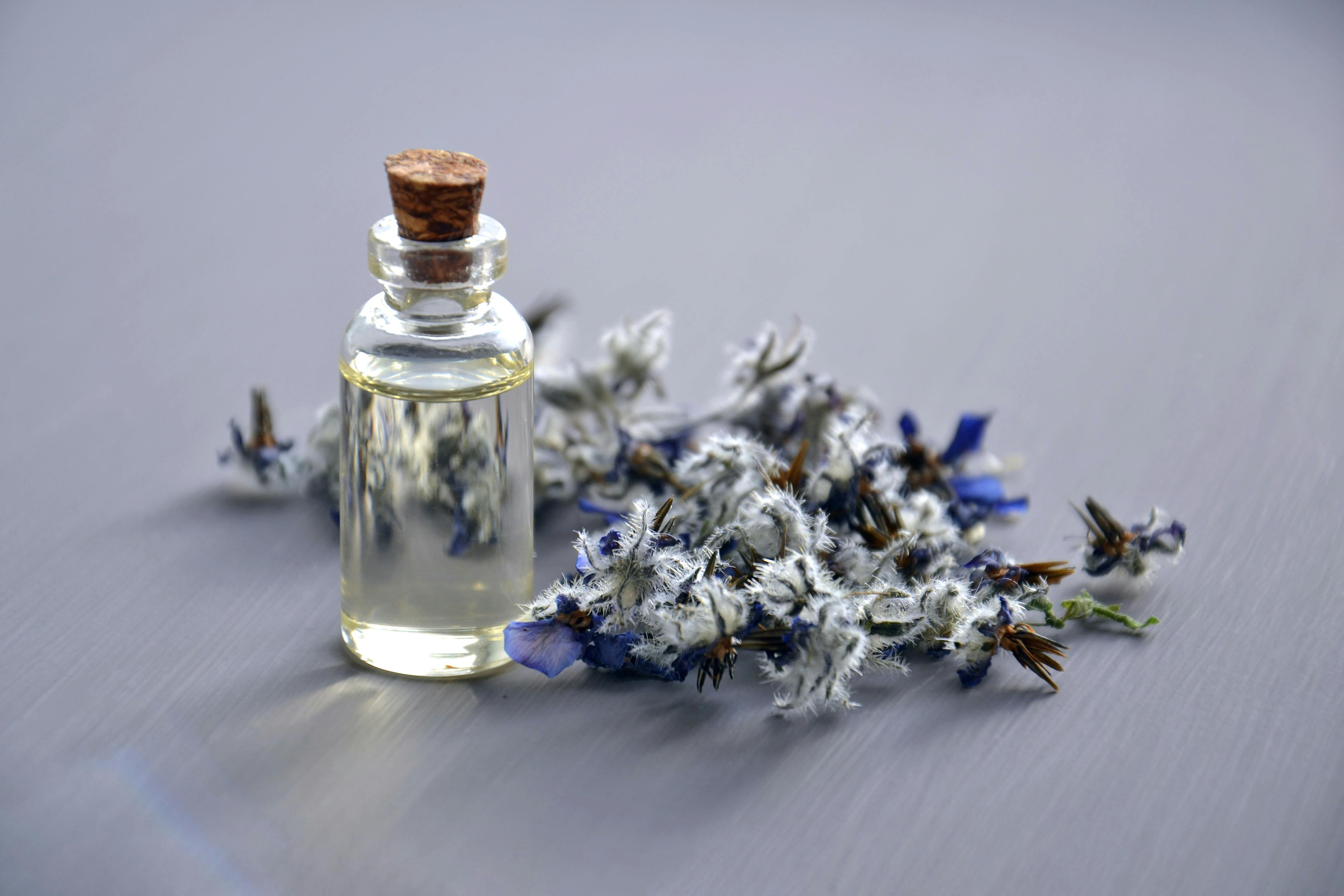Unveiling the Therapeutic Impact of Aromatherapy
Did you know a mere whiff of lavender can significantly lower stress levels? Welcome to the world of aromatherapy, a remarkable realm where the right scent can boost your health and happiness. Let's delve into the history, science, and therapeutic potential of this intriguing wellness avenue.

Delving into the Essence of Aromatherapy
Aromatherapy, also known as essential oil therapy, has been used for centuries, tracing back to ancient civilizations like Egypt and China. These cultures recognized the therapeutic benefits of plant extracts and used them in religious rituals, beauty care, food preparation, and healthcare. Fast forward to the 20th century, French chemist René-Maurice Gattefossé coined the term ‘aromatherapy’ after discovering the healing properties of lavender oil on burns.
The Science Behind Scents
Aromatherapy’s primary mechanism lies in our olfactory system’s connection to the brain’s limbic system, a region responsible for emotions, memories, and arousal. When we inhale essential oils, the scent molecules travel up our nose, triggering a series of neural responses. This leads to the release of neurotransmitters like serotonin and dopamine, inducing feelings of calm and contentment.
The Therapeutic Spectrum of Aromatherapy
Beyond stress relief, aromatherapy has shown promise in several health areas. Research suggests that peppermint oil can alleviate headaches, rosemary oil can boost focus, and eucalyptus oil can aid respiratory health. However, while promising, these findings should be supplemented with regular health practices for comprehensive wellness.
Aromatherapy in Modern Health Trends
Today, aromatherapy has been integrated into several wellness practices. From yoga studios diffusing calming scents to enhance relaxation, to workplaces using energizing aromas to boost productivity, the applications are vast and varied.
A Breath of Fresh Insights
- In a 2013 study, inhaling rosemary and lavender essential oils improved test takers’ speed and accuracy.
- A 2015 study found that aromatherapy can help manage pain and depression in women undergoing childbirth.
- A 2014 study revealed that inhaling ylang-ylang essential oil can lower blood pressure and heart rate.
A Final Whiff of Wisdom
Aromatherapy, with its rich history and scientific backing, offers a unique avenue for health and wellness. While it’s not a cure-all solution, its potential in boosting mood, improving focus, and managing health issues is worth exploring. Remember, every wellness journey is personal, so experiment with different fragrances to discover the scents that soothe, energize, and inspire you.




